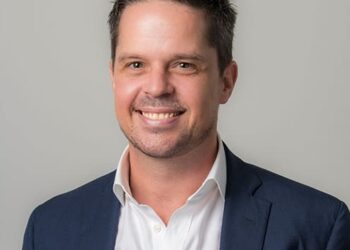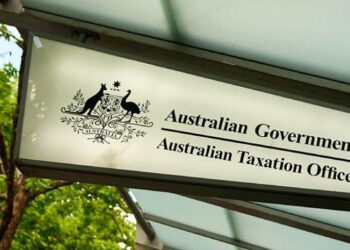The research found that the five biggest super funds – AMP, Australian Retirement Trust, AustralianSuper, Aware Super and Commonwealth Super Corp – are failing to live up to their climate claims.
Together these funds manage a $1 trillion of members’ retirement savings, almost half of all assets managed by APRA-regulated funds.
The five funds have claimed support for or alignment with the Paris climate goals and/or set net zero emissions by 2050 targets, but the analysis found they are still investing in fossil fuel projects with companies like Santos and Woodside.
It also identified key elements of effective practices commonly outlined in climate-related active ownership frameworks and guidance documents published by major responsible investment initiatives.
These include identifying and prioritising high climate risk-exposed companies for targeted engagement; setting time-bound engagement objectives for these priority companies; reporting to stakeholders on progress towards priority company objectives; outlining the consequences for companies failing to meet objectives through a publicly-disclosed escalation framework; and identifying divestment as the ultimate escalation measure for companies failing to meet engagement objectives
The analysis revealed that AMP, Australian Retirement Trust, AustralianSuper and Commonwealth Super Corp have almost completely failed to demonstrate any of these five identified climate-related effective active ownership criteria.
Aware Super has made some progress, but still falls far short of comprehensively meeting the key elements of effective engagement.
Additionally, despite being the two largest undiversified fossil fuel producers on the ASX, not a single super fund in the study has publicly identified Santos and Woodside for targeted engagement, nor disclosed what is expected of these companies. This indicates members are left in the dark as to whether their fund is actually living up to its climate claims and attempting to influence these companies through active ownership, or simply allowing them to continue expanding fossil fuels.
All five funds in the study acknowledged climate risk and the need for climate risk management, as well as having either:
- Set a 2050 net zero portfolio emissions target, and/or
- Set interim emissions reduction targets, and/or
- Voiced support for (or claimed alignment with) the climate goals of the Paris Agreement
A previous Market Forces study found most of Australia’s biggest 32 super funds have set targets to achieve net zero emissions by 2050 or sooner.
The analysis said funds relying on active ownership to meet their stated climate targets and/or manage climate risk may be greenwashing and exposing themselves to legal risk.
Super fund trustees have a legal duty to manage climate risk, and a landmark 2021 legal opinion concluded financial institutions that make net zero commitments must have ‘reasonable grounds’ to believe they will achieve these commitments at the time they are made.
According to the legal opinion, it is foreseeable that super funds (and their directors) failing to do this could be found to be engaging in misleading and deceptive conduct. This could have serious consequences for super funds that claim active ownership of companies like Santos and Woodside will contribute to achieving the fund’s climate commitments, given how inadequate investor stewardship efforts and their results have been to date.


